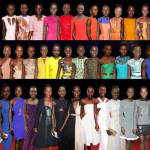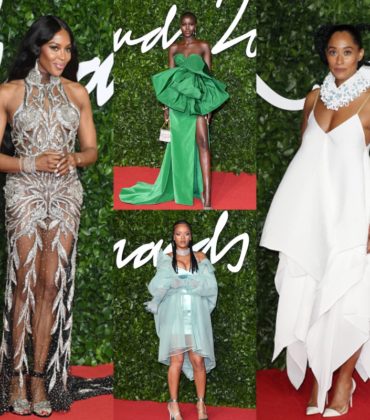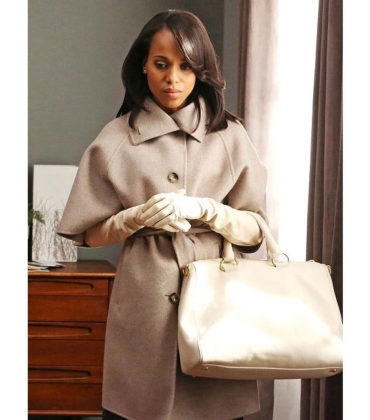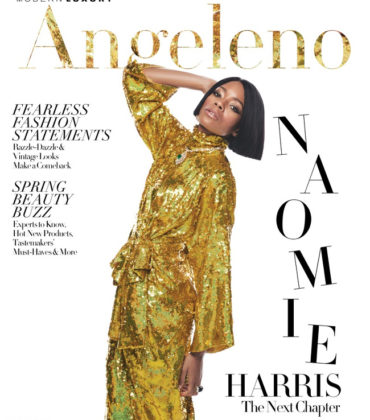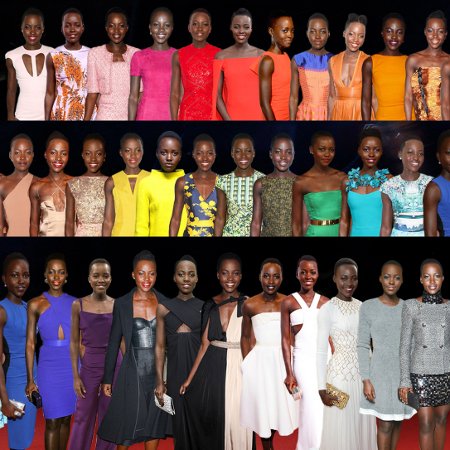
(image credit: MTV)
You guys, I’m really concerned about Lupita Nyong’o. She’s everywhere these days. She’s well-spoken, poised, charming, funny, and intelligent and all of this just makes me really concerned. She’s multilingual, ivy-league educated, and has written and directed her own projects. She’s won 24 out of the 33 awards she was nominated for this season for her role in “12 Years A Slave”. Lupita Nyong’o has featured in a boatload of fashion magazines this season, including Vogue. She also stars in Miu Miu’s Spring 2014 campaign and has been dubbed a fashion icon. She has flawless skin, her make-up is always on point, she’s in great shape, and can wear the eff out of any dress she puts on. Lupita Nyong’o is also a source of inspiration for girls and women with dark skin and has helped keep the dialogue about colorism going. All of this makes me really concerned. But thank Goddess plenty of other people share my “concerns”.
Some of us are just really concerned that she is being fetishized.
The problem with the accusation of fetishism is the denial of the agency of the individual who is or isn’t being fetishized. Essentially, some of us, like Lupita, are grown ass women who can pick and choose who we interact with and how we interact with them.
Racial fetishism in the context of race relations in the United States as well as many other places in the world, is born of white supremacy. The way we talk about fetishism, however, is pretty darn sexist. These kinds of “concerns” are rarely brought up when when men of color, especially those who don’t have much visibility in media and entertainment, are portrayed. These conversations also rarely occur when men of color place the expectation of Western/European beauty standards on women of color, who by virtue of birth can never fully satisfy those standards. Conversations about Lupita Nyong’o being a fetish puts the focus of the conversation on Lupita Nyong’o the individual, rather than the internalized supremacist and sexist attitudes that make being fetishized a possibility for all women, particularly women of color. I acknowledge that, of course, men can be fetishized too, but women often experience fetishism to a greater degree as the fetishism of women is married to sexism and even blatant misogyny. There are a myriad of ways women can be fetishized and all of these ways are oppressive and hurtful. While I understand using a celebrity or major event as a jumping off point to start a larger dialogue, by singling out Lupita Nyong’o for conversations about fetishism, we are essentially derailing a conversation that hasn’t even started. Most women of color aren’t experiencing a form of fetishism that comes with spreads in Italian Vogue and Prada dresses.
Some of us are just worried that she’ll never end up in a decent movie ever again. The entertainment industry, at large, is pretty rough on women. Even if Lupita Nyong’o ended up in the straight to DVD film “Tyler Perry’s Single Mom’s Club: Electric Boogaloo”, she’d still be working actress in Hollywood, which is no easy feat. That being said, I still signed that petition for her to be the next Storm and I’m crossing my fingers, hoping to see her in a light-hearted, well-written movie.
Some of us are just trying to protect her from backlash. What’s the saying again? It’s better to have rocked a Prada dress and to have won an Academy Award only to fade into obscurity than it is to have never have rocked a Prada dress and never won an Academy Award at all.
Some of us are worried that black women who don’t look like Lupita Nyong’o will feel bad about themselves. No lie, I recently read a comment that described Lupita Nyong’o’s rise to fame as a “dark-skinned bandwagon”. Apparently the same woman who received a note from a fan telling her she inspired her not to bleach her skin is causing a rise in sales of very deep self-tanners and shoe polish.
Some of us are worried that her being elevated is a dig at African-Americans or a devaluation of “regular black”. I’m not denying that often the “model minority” stereotype doesn’t extend to black immigrants and that sometimes black immigrants also promote this stereotype to elevate themselves and to put down American-born blacks. It’s just that as an African woman (who was born in Mexico, we know!), Lupita Nyong’o doesn’t have access to that stereotype in the same way that other ethnic groups do. Countries in Africa as well as other black foreign countries are hypervisible in media and usually spoken about general terms. “Africa” along with a handful of other places that have a black majority, like Haiti, is usually on the tip of many people tongues when they want to describe poverty, disease and misery in general. To many, Lupita Nyong’o is still seen as having come from a country, the country of Africa that is, that is swimming in AIDS infections and child soldiers. It’s important that those of us living in the West acknowledge the we have a certain degree of privilege in that black people who are famous in America have a much higher likelihood of being famous on an international scale, and aren’t assumed to be “primitive” individuals who had to overcome famine, and no electricity or running water to make it. There is a reason that Lupita Nyong’ is often referred to as an “underdog” in the press. Despite being a graduate of Yale University and the daughter of a Kenyan politician, as an African woman, she’s still given a single story, as an intelligent woman, however, she’s been able to redirect the narrative, for the most part.
Some us really need to remind you that Lupita Nyong’o is not the first beautiful black women who has ever existed. Anyone who actually needs to be reminded of this is either willfully ignorant or too far gone to discuss anything with. The goal of this very website, for example, is not to convince people that black beauty exists, but to celebrate it. I believe most people, regardless of skin color, aren’t shocked or excited at Lupita Nyong’o’s beauty. We are shocked and excited at her beauty being acknowledge so publicly, so openly and so excessively. We are shocked and excited that her beauty is being embraced by the establishment and the status quo. We are simply shocked and excited at something that pretty much never happens.

